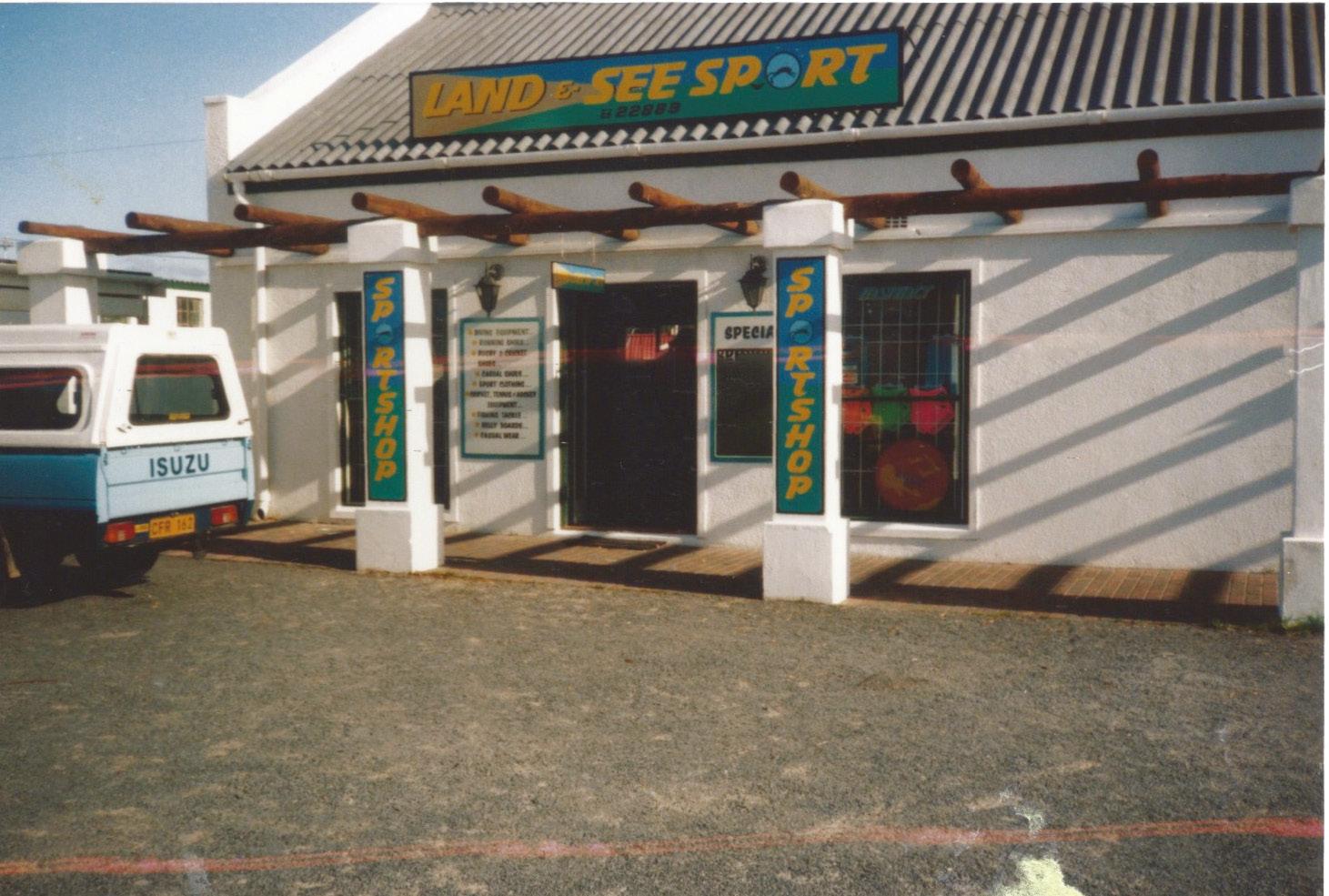Conserving the Whale Coast
“
The tragedy of our time has been happening all around us, barely noticeable from day to day – the loss of our planet’s wild places, its biodiversity.” - David Attenborough Nature in all its splendour is at the heart of the Cape Whale Coast tourism industry. Nature tourism is the mainstay of the Overstrand economy. With such a precious asset, one would expect that our wild places would be the very top priority for local businesses as well as local government.
So what is the point of non-government organisations such as Whale Coast Conservation? What do we do that’s not already being done? Whale Coast Conservation (WCC) is a small outfit with only 5 full-time and one part-time staff members, so it’s important to focus on just a few areas of strength. WCC is really good at teaching and inspiring people of all ages to want to learn about the natural treasures we have in our area. We share our passion for nature with communities so that they may benefit from a closer relationship with our awesome natural world. We do this through lessons, exhibitions, nature experiences and citizen-science activities. Many of our youth do not know what fynbos is, let alone any notion of protecting it. We teach young people about their natural heritage. We do school visits, outdoor camps and leadership mentoring. We visit schools with travelling exhibits and lessons on different themes that complement the school life sciences curriculum. Our interactive learning material brings the natural world into the classroom in a meaningful way, connecting book learning to real life. Camps in nature are jam packed with nature lessons both on land and on the beach. Excitement really ramps up after dark when nocturnal animals like frogs and chameleons are easier to find. Camps provide many opportunities for mentoring the youth in science-, lifeand leadership skills. We share our passion for our unique but fragile world through talks, webinars, adventures in nature and weekly press articles. Our regular public talks feature experts in their field, talking about aspects of nature that inform and inspire us. Webinars are recorded and appear on social media to reach a wide audience. We take small groups on amazing adventures in nature. We share the magical mating displays of fireflies with enthralled onlookers and involve kids in monitoring frogs in a wetland after dark; we share our passion and knowledge through weekly
nature articles in The Village News, while regular newsletters keep members informed about our activities. Many projects rely on collecting a lot of data. The more bodies we have in the field, helping to collect information, the more successful our projects. We rely heavily on our citizen-scientists and volunteers in our chameleon rescue project. Cape Dwarf Chameleons are increasingly impacted by urban expansion and habitat transformation. They fall victim to bulldozers when plots are cleared. In gardens they might be undetected and dumped with garden cuttings. Our team leader and chameleon volunteers survey where chameleons occur in urban areas and relocate them to safe habitats when necessary. Together with partners and volunteers we participate in beach clean-ups along the WCNR coastline. The litter collected is analysed and tallied, then uploaded to a central database, so that sources of litter can be tracked. This knowledge informs educational interventions to reduce littering. We help to protect biodiversity. Whale Coast Nature Reserve (WCNR) forms a vitally important coast-to-mountain corridor. Alien invasive plants are the biggest threat to our native fynbos vegetation. We clear alien species on the WCNR and conduct plant and animal surveys to record how the variety of plants and animals on the reserve recover after the aliens have been removed. A chameleon sanctuary is slowly taking shape in the WCNR and will eventually provide a safe haven for rescued Cape Dwarf Chameleons. Long-term preservation of ecosystem structure and function ensures the conservation of biodiversity through natural processes. WCC keeps tabs on all activities that may harm nature. This is our so-called “Watch” programme. Whale Coast Conservation registers as an interested and affected party (I&AP) in all advertised public participation processes related to environmental impact assessments and change of land use applications outside of the urban edge.







